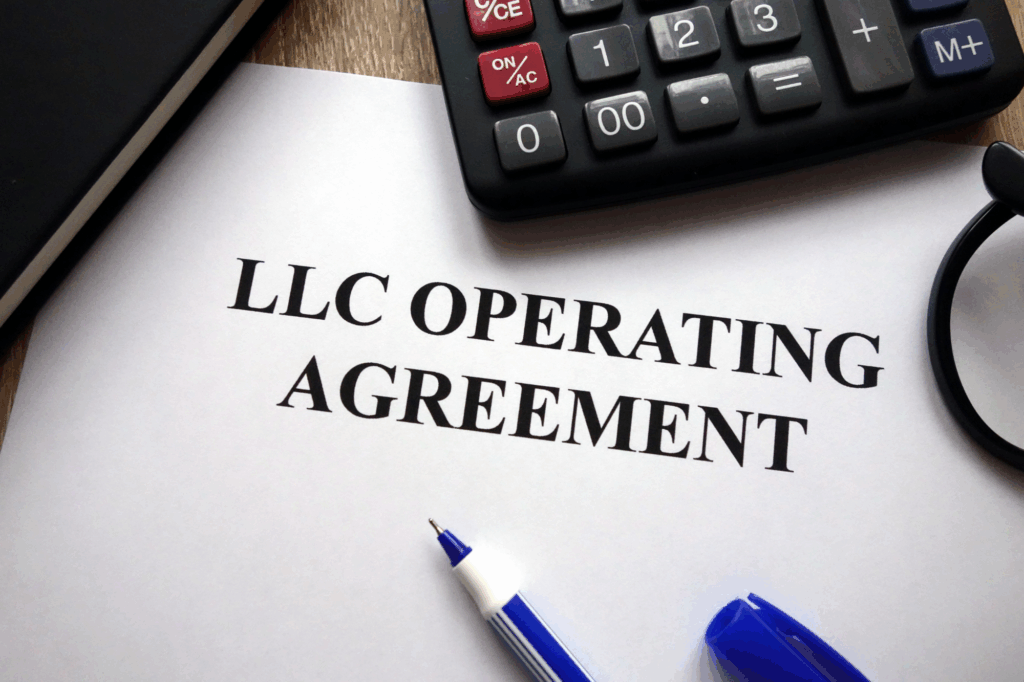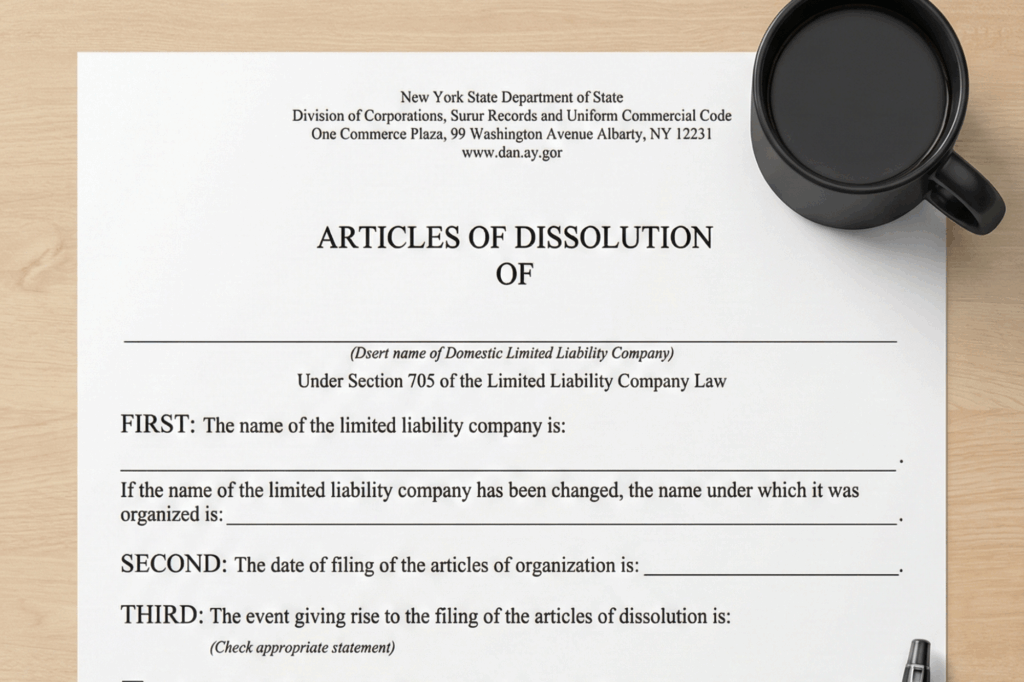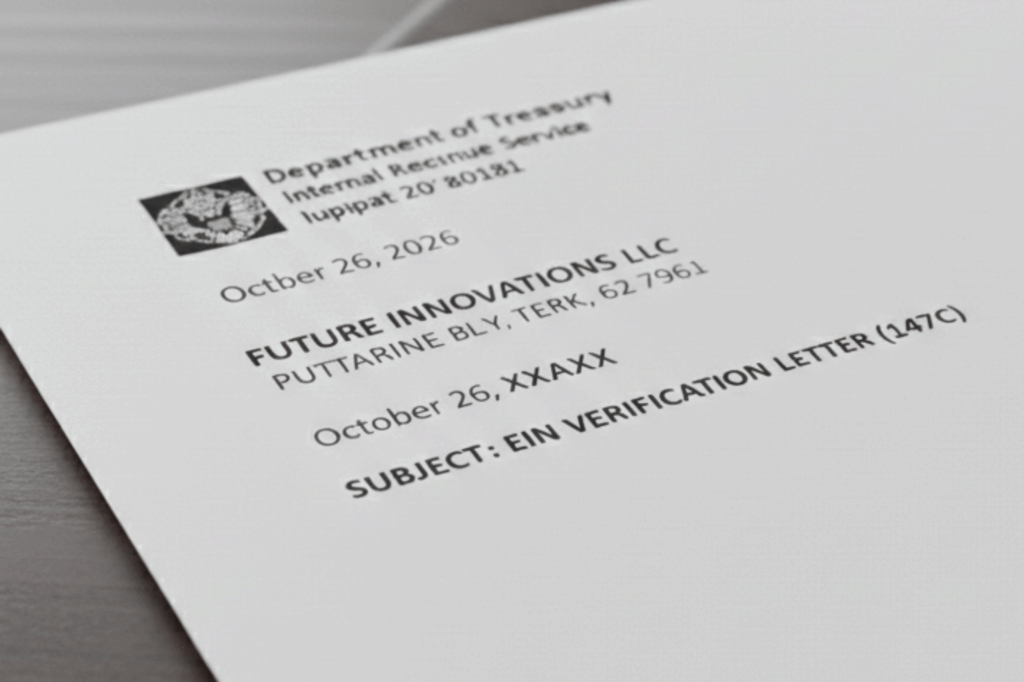Comprehensive blogs, one click away from you
Explore our blog to unlock the full potential of your business
We share powerful business strategies and insights for your company regularly. Join our newsletter to stay up to date!

-
 İlayda Şencan
İlayda Şencan
For single-member LLCs, the Operating Agreement is often viewed as unnecessary paperwork. In reality, it is the only document that legally separates you from your business. Here is why you cannot skip it.
-
Özgür Kuşkonmaz
Simply stopping your business operations does not legally close your LLC. If you fail to file the correct dissolution forms, the state will continue to charge you fees. Here is your guide to exiting cleanly.
-
 İlayda Şencan
İlayda Şencan
Michigan is one of the most affordable states for international entrepreneurs. Here is your step-by-step guide to navigating LARA, appointing a Registered Agent, and staying compliant from outside the US.
-
 İlayda Şencan
İlayda Şencan
Applying for an ITIN is not a standalone process. You generally must file it alongside your annual tax return. Here is a helpful guide on how to get your number without getting rejected.
-
Begüm Tekin
Banks and payment processors often reject old EIN documents. If you lost your original CP-575 form, the 147C Letter is the only way to prove your tax ID exists. Here is how to get it.
-
 İlayda Şencan
İlayda Şencan
Not all LLC services are built for international founders. Some hide fees while others leave you stranded with IRS paperwork. Here is your checklist for choosing the right partner.







